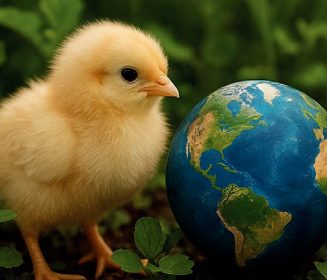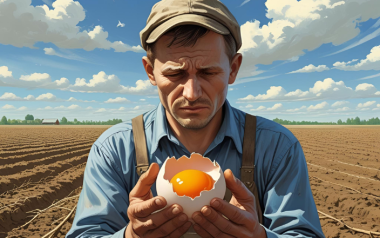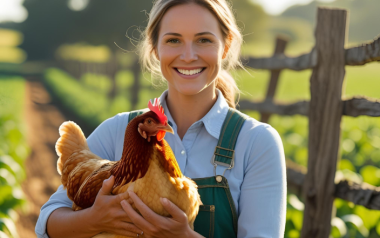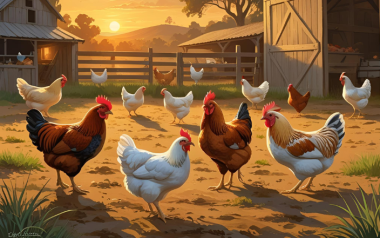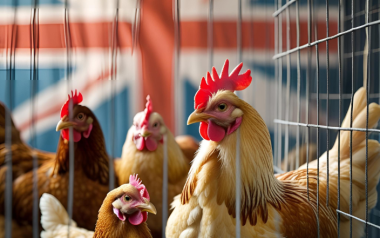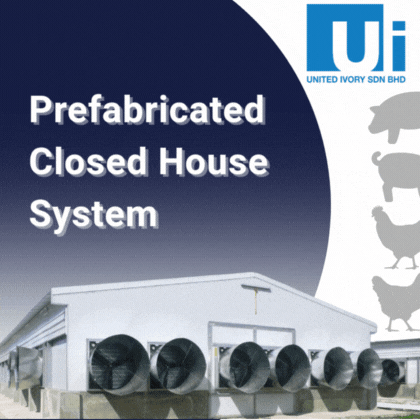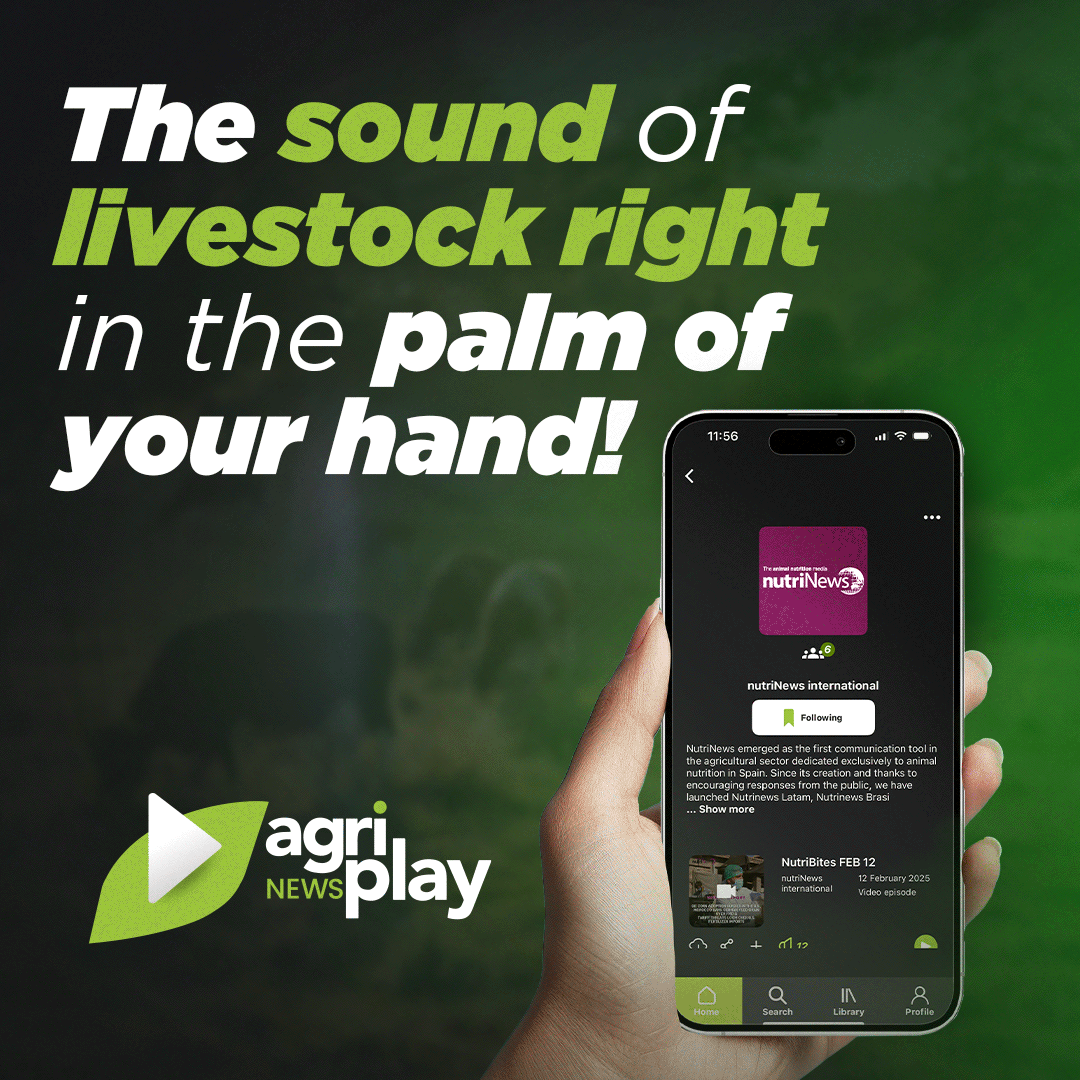Sources: Available upon request.
20 Nov 2024
Effects, causes, and control of toe pecking in laying hens
Toe pecking is a significant behavioral issue in laying hens that can lead to severe welfare and productivity problems. This behavior involves hens pecking at the toes of other birds, often resulting in injuries, infections, and even death.
Toe pecking is a significant behavioral issue in laying hens that can lead to severe welfare and productivity problems. This behavior involves hens pecking at the toes of other birds, often resulting in injuries, infections, and even death. Understanding the impact, causes, and prevention strategies for this behavior is crucial for maintaining healthy and productive flocks.
Effects of toe pecking
The impact of toe pecking on laying hens is multifaceted. Firstly, it causes physical harm to the affected birds. Injuries from pecking can lead to bleeding, infections, and in severe cases, loss of toes or death. These injuries not only cause pain and suffering but also increase the risk of secondary infections, which can spread through the flock.
Secondly, toe pecking affects the overall productivity of the flock. Injured hens are less likely to lay eggs consistently, leading to a decrease in egg production. Additionally, the stress caused by pecking can lead to other behavioral issues, such as feather pecking and cannibalism, further exacerbating the problem.
Causes of toe pecking
Several factors contribute to the occurrence of this behavior in laying hens. One primary cause is overcrowding. When hens are kept in high-density environments, they are more likely to exhibit aggressive behaviors due to stress and competition for resources. Lack of adequate space can lead to frustration and increased pecking behavior.
Nutritional deficiencies also play a role in toe pecking. Hens that do not receive a balanced diet may develop deficiencies in essential nutrients, leading to abnormal behaviors. For example, a lack of protein or certain vitamins and minerals can increase the likelihood of pecking.
Environmental factors, such as poor lighting and inadequate enrichment, can also contribute to toe pecking. Hens kept in dimly lit or barren environments are more prone to developing harmful behaviors. Proper lighting and environmental enrichment can help reduce stress and provide mental stimulation, decreasing the incidence of pecking.
Prevention of toe pecking
Preventing toe pecking requires a multifaceted approach. One effective strategy is to ensure adequate space for the hens. Providing sufficient space per bird can reduce stress and competition, lowering the likelihood of aggressive behaviors. The recommended space varies depending on the breed and management system, but generally, more space is better.
Improving nutrition is another crucial preventive measure. Ensuring that hens receive a balanced diet with adequate protein, vitamins, and minerals can help prevent nutritional deficiencies that may lead to pecking. Consulting with a poultry nutritionist can help formulate an appropriate diet for the flock.
Environmental enrichment is also essential in preventing toe pecking. Providing perches, dust baths, and other forms of enrichment can keep hens occupied and reduce boredom. Additionally, maintaining proper lighting conditions can help create a more natural and less stressful environment for the birds.
In conclusion, toe pecking in laying hens is a complex issue with significant welfare and productivity implications. By addressing the causes and implementing preventive measures, poultry farmers can improve the health and well-being of their flocks, leading to more sustainable and productive operations.








